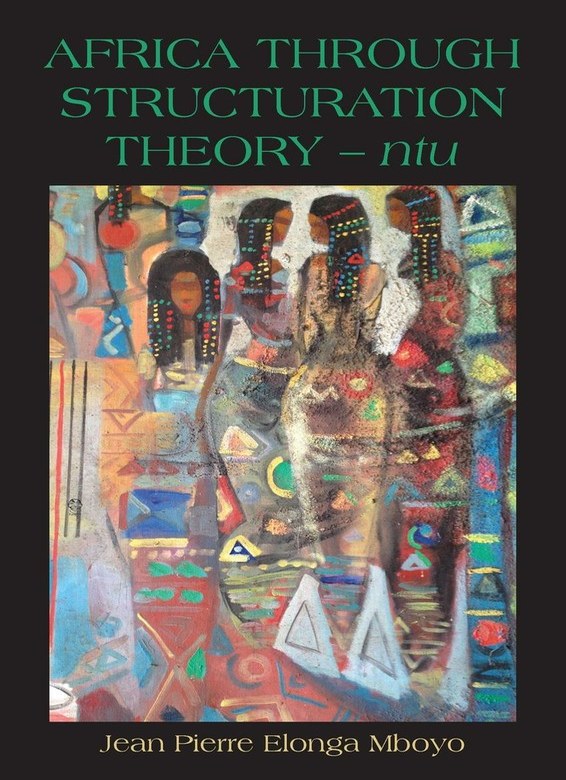written by Jean Pierre Elonga Mboyo
Despite all the talk about African renaissance, much of the continent is plagued by poverty and instability. To break out of that cycle, the guardians of African heritage (the old independence freedom fighters turned political leaders and their successors) and much of Afrocentric literature rightly promote African ideas and solutions for African problems. While the idea in itself is noble, the danger is for Africa to close itself off and ignore ‘outside’ technical and intellectual innovations that it desperately needs to advance further. Africa through Structuration Theory – ntu joins the discourse by attempting to restore intellectual freedom and convincingly defends structuration theory not only as the way forward for Africa but also as a legitimate African concept. It is innovative, refreshing and deserves to be heard across the world and appreciated especially by African graduates, current and future leaders of various African institutions or businesses, non-Africans who might hesitate to refer to such a theory when trying to understand and deal with African problems and the wider public who constitute the audience for this book.
| ISBN | 9789956762965 |
| Pages | 172 |
| Dimensions | 203 x 127mm |
| Published | 2015 |
| Publisher | Langaa RPCIG, Cameroon |
| Format | Paperback |





1 comment
“This book has the merit of offering a new perspective on Africa’s leadership problem by using Giddens’ complex structuration theory as an analytical framework. What I particularly appreciate is that the author seems to be well aware that his conceptualisation of this problem may be subject to serious academic debate. Against any challenges of being too Eurocentric and/or too abstract in his approach, however, he creatively and masterfully defends himself not only theoretically but also empirically by referring to numerous concrete examples from Africa.”
Dr Piet Konings, African Studies Centre Leiden, The Netherlands